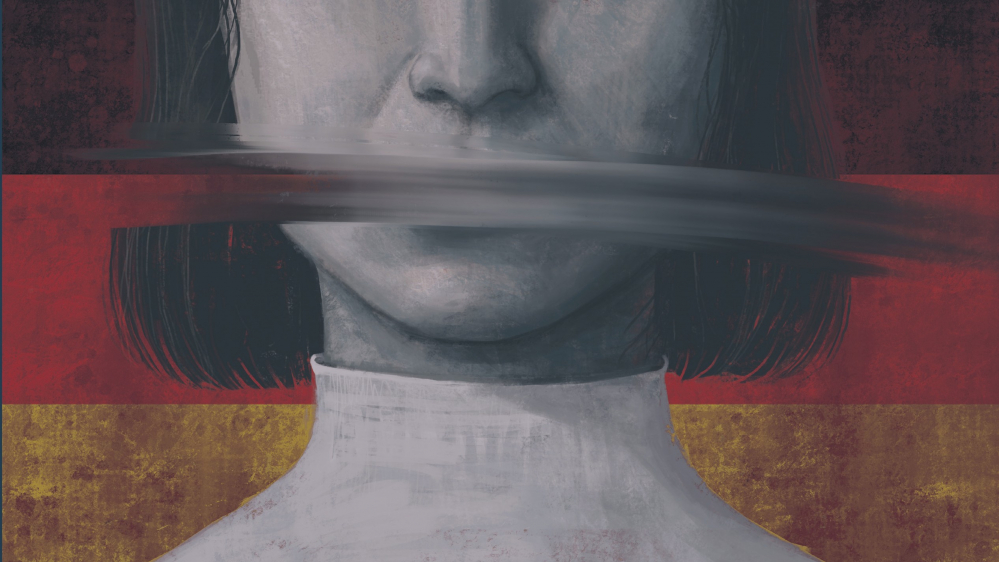Under the guise of defending democracy from the threat of the far-right, the German government attempts to systematically silence and punish critical voices. Not only politicians and journalists, but an increasing number of ordinary citizens face police investigations, heavy fines and even prison sentences for posting a single critical comment online. Such forceful silencing of opposing views, however, is deeply anti-democratic and violates the basic rights of German citizens.
Germany’s constitutional guarantee of free speech has been significantly eroded in recent years. Legal restrictions and institutional controls that limit free speech have become powerful tools in the establishment’s struggle against populism, with the government using the ‘defensive democracy’ doctrine to justify repressive measures.
The key mechanisms that have been used to restrict free speech are:
- Section 188 (Criminal Code) which criminalizes ‘insults’ to politicians, leading to prosecutions of ordinary citizens for social-media posts or protest letters;
- Section 130 (‘incitement of masses’ law), repeatedly amended and broadened in the past few years, resulting in prosecutions for criticism, such as of Germany’s immigration policies;
- The Office for the Protection of the Constitution (BfV), which monitors citizens’ speech and can designate groups as ‘extremist’, effectively stigmatising political opposition.
The climate of stigmatisation and exclusion has impacted public debate.
A 2024 survey revealed less than half of Germans feel they can express political opinions freely. Rather than address this concerning trend, the current government has intensified its attempts to marginalise critics. Public broadcasters primarily reflect establishment views, while too many independent media outlets have engaged in self-censorship to avoid being labelled as right-wing populist – particularly on issues like immigration, Islamism, Covid-19 policies and international populist movements. Alternative media platforms have emerged and gained popularity despite facing pressure through advertising boycotts and legal threats – reflecting a growing public demand for more open debate.
